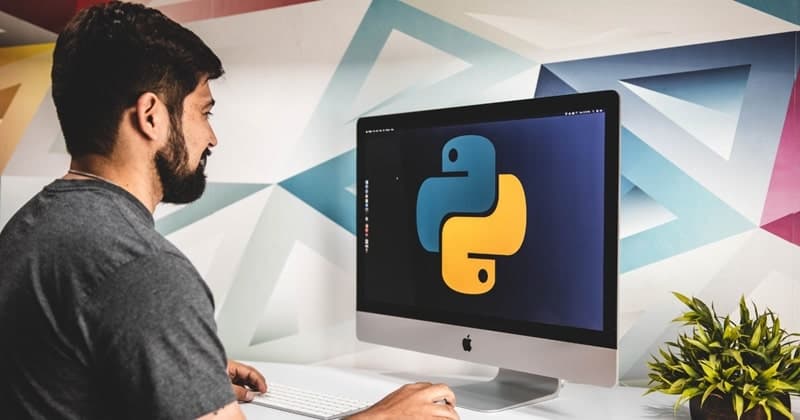Microsoft Offers Space Exploration Courses
Microsoft has long been involved in serving and developing the community like many others. And now, to educate about how scientists work on space materials and predictions, they’ve come up with a course, which is developed in association with NASA and contained three modules. The modules are made in Python and give the learner a chance to know how that programming language will be used for exploring space. Though it doesn’t teach much about how to code in Python, it does give basic steps in learning a programming language. Further, usage of Microsoft’s Visual Studio Code (VS Code) code editor, installing the Python extensions, and running a basic Jupyter Notebook within the VS Code. The first of three modules – Introduction to Python in Space Exploration has about eight units to cover, which explains about NASA’s Artemis lunar exploration program. It reveals the importance of technology like communications, human landing, and space launch systems, etc in the mission of sending the first woman and the next man to the moon by 2024. The second module – Classify Space Rocks Using Python and Artificial Intelligence still doesn’t explain the basics of Python coding, but rather gives an idea about how astronauts take photos of space rocks using their computers. While this details about the space rock exploration, the third module is about rocket delays. It based on machine learning and studies about the ways for predicting values and different type of analysis. It gives a chance to look at the highly trained machine learning model and suggests recommendations about rocket delays. Though nothing is pointing out at Python learning directly, they explain how Python helps predict things in NASA’s space programs.
NSA’s Python Programming Training Course is Now Open for Public to Learn Best Free Python Courses Online For Beginners How to Install Python on Windows 10

